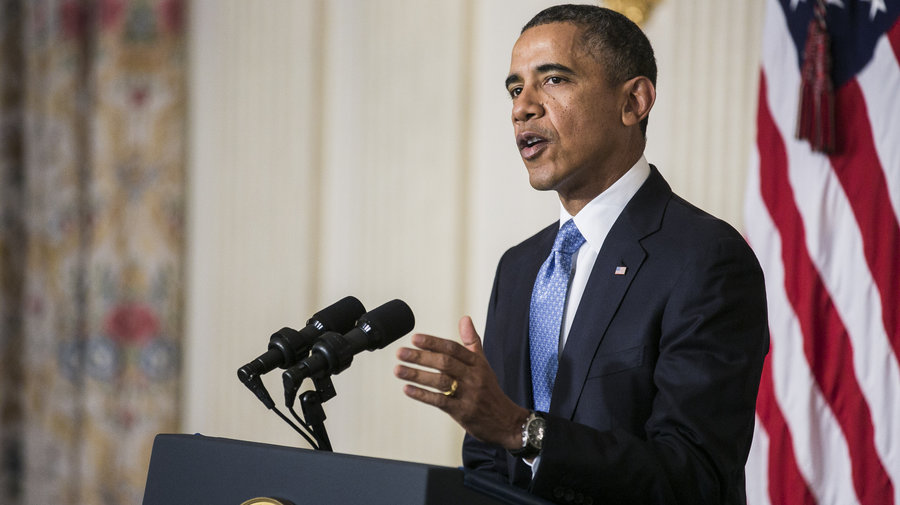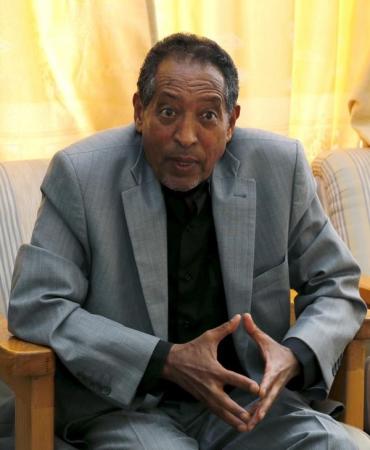 Mack Kast, MD/CEO Manitoba Hydro International/ TCN
Mack Kast, MD/CEO Manitoba Hydro International/ TCN
Epileptic power supply has no doubt contributed largely to the poor economic outlook of some major economies in Africa. Successive governments in Nigeria, for instance have tried unsuccessfully-devoting Billions of dollars towards ensuring stable power supply.
Following the successful unbundling of the power assets in Nigeria, The Transmission Company of Nigeria (TCN), was saddled with the responsibility of handling a portion of the Transmission Spectrum of the power sector. In an Interview with African Leadership’s Kingsley Okeke and Franklin Ajaegbu, the MD/CEO Manitoba hydro international/TCN, Mack Kast, gave an overview of the role of TCN in the power chain, the value of the consumers on the chain as well as how things can be made right in the sector. Excerpt:
The Transmission Company of Nigeria (TCN) is key to solving the persistent power crisis. How has the company fared in this regard?
To put the question into context, the power sector consists of four main players, gas supply, generation, transmission and distribution. Each all have a role to play in solving the persistent power crisis. Speaking for TCN, I believe it has done very well since the unbundling of this sector in 2012. In 2012, the peak generation was in the range of 2,500 MW; in contrast, on February 2, 2016 we hit a peak record of 5,074 MW. From an energy perspective, it has more than doubled to reach a peak of 109,372 MWH. In addition, the skill sets and capacity of the organisation have been improved to manage more contracts and power improvement initiatives. The financial wherewithal of TCN has also been strengthened. TCN is involved with each of the players in the power sector to ensure harmony as we move forward.
Some of the rural areas and communities still lack access to electricity. What are some of the initiatives being made by TCN to solve this problem?
With the unbundling of the power sector in 2012, there was a separation between generation, transmission and distribution. There are eleven distribution companies in Nigeria and each has been privatized. It is the responsibility of the distribution companies who deal at the low voltage levels to cover the rural areas and communities. In addition, there is a Rural Electrification Authority who is also involved with the rural areas and communities. TCN on the other hand has the responsibility to build and operate all high voltage lines to provide power to each of the 11 distribution companies.
Some Nigerians have maintained that the recent hike in electricity tariffs is like putting “the cart before the horse”. They say there should have been improved service delivery before any increase is done. What is your reaction?
Really, both are correct. The customers have a right to expect improved service delivery prior to an increase in tariffs; however, the distribution company investors also have a right to earn a fair rate of return on their investment. There needs to be a balance of expectations and trust between the two parties. The investors will be hesitant to invest monies to improve the delivery infrastructure unless they can reasonably expect to earn a fair return on their investment. Similarly, the customers will be hesitant to face an increase in tariffs without evidence of an improvement in the provision of power.
Please tell us the challenges impeding the improvement of the power sector. What are the ways these challenges can be addressed?
The three main challenges impeding the improvement of the power sector include harmonious working relationships between each of the players in the sector, building human resource capacity and infrastructure, and having sufficient funding. Each of the players in the sector needs to be moving at the same pace. Time and money also needs to be invested in strengthening the human resource capacity across the value chain in the power sector. Overarching is the critical need to have sufficient funding. These challenges are being addressed. The Ministry of Power has introduced monthly meetings of key sector players to improve the working relationship across the sector. In TCN, various initiatives have been implemented to improve the capability of its human resources. With respect to funding, we are seeing greater interest by international financing institutions to allocate more funds to the power sector, given their more positive perspective of improvements in the sector.
What is your take on the Obama-led administration’s Power Africa Initiative?
The Power Africa initiative has been very positive. We have seen increased involvement in expanding human resource capacity, the creation of a more stable investment climate, involvement in developing cost effective tariffs, and involvement in technical bids, TCN has had the opportunity to engage specific technical support in developing various reports and position papers, thanks to the Power Africa initiative.
Some analysts have observed that the power sector holds a huge potential for entrepreneurs, as was the case with telecommunication at inception. How factual is this observation?
It is true that the power sector holds a huge potential for entrepreneurs. There are four major players in the power sector, those being gas supply, generation, transmission and distribution. Today, our maximum transmission capacity is in the area of 5,000 to 6,000 MW. We are optimistic that the maximum transmission capacity will be increased to 20,000MW in the coming five years requiring an investment of approximately $1.0 billion USD per year. With this fourfold increase in capacity, there is much potential for many entrepreneurs to be involved.
With the past and current administration’s huge investment in the power sector, where do you see the sector by the year 2020?
It is expected that the transmission sector alone will require investment funding of approximately $1 billion USD per year for each of the next five years to expand the transmission capacity from approximately 5,500 MW today to 20,000MW within the next five years. The growth in transmission capacity will have a substantial impact on the power delivered to the 11 distribution companies across Nigeria. This increase will have a very positive impact on the growth of the commercial sector and an improvement in the lifestyles of the residential sector.


